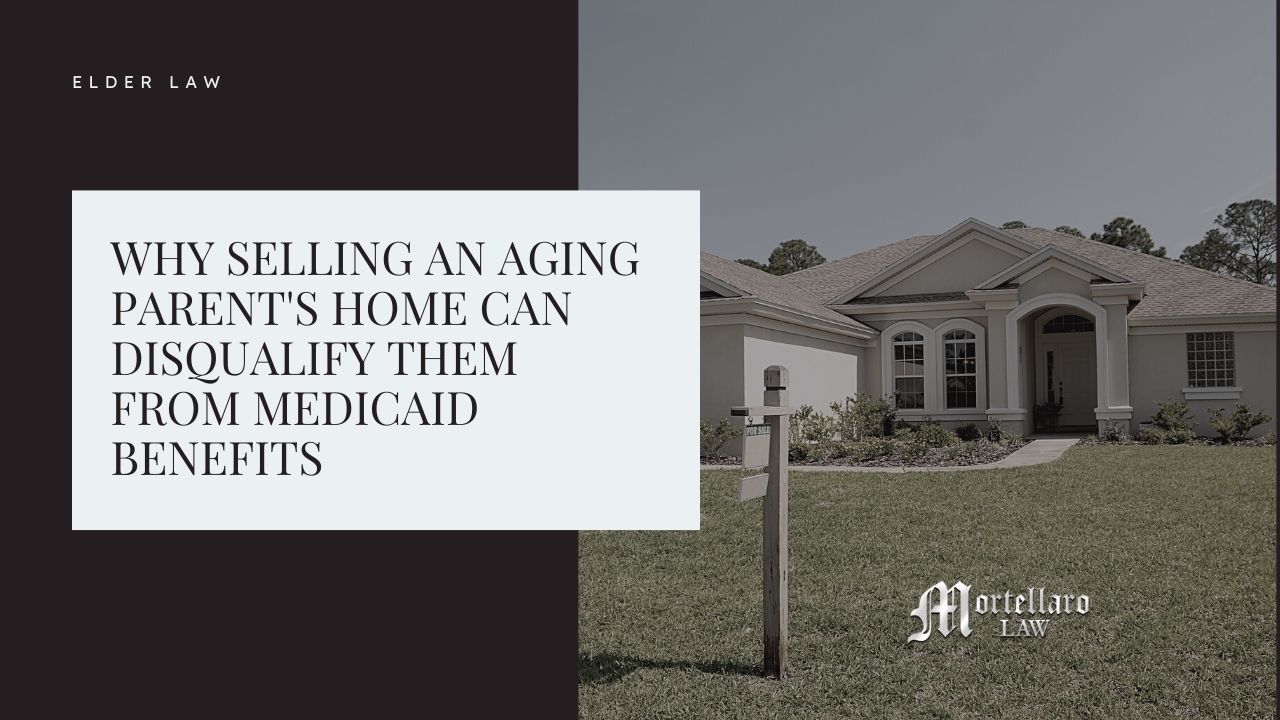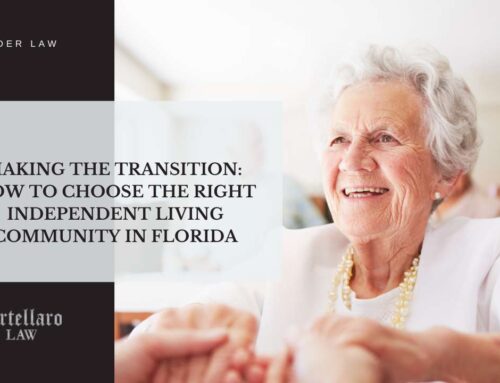The Medicaid asset limit can be a major issue for someone receiving Medicaid benefits, and the rules are complicated. In Florida to be eligible for Medicaid, you can’t have more than $2,000 in “countable assets,” and you can’t have more than $2,382 per month in income (both 2021 figures).
The requirement to have less than $2,000 in assets is limiting. That means you can’t have more than $2,000 in cash, savings accounts, non-qualified retirement accounts, stocks, bonds, and even certain types of property. However, the rules provide for flexibility because they allow you to have “non-countable” assets.
The most critical non-countable asset is a person’s home. A Medicaid recipient’s primary residence, as long as they either live there or express an “intent” to return there, does not count toward the asset limit, at least as long as the equity in the home is not more than $603,000. But suppose your aging parent is living in an assisted living facility and the carrying costs of the house are becoming burdensome (e.g. the insurance, taxes, maintenance, and utilities). The asset limit becomes a problem when your parent wants to sell the home.
It’s important to consult an experienced elder law attorney when you are looking into selling the home of someone on Medicaid benefits, or in the application process for the benefit. Everyone’s situation is different, and you should be sure to get a complete evaluation of your loved one’s needs and goals. However, there are some crafty solutions to maximize the benefits of your assets without suffering a loss in Medicaid benefits. We’ve provided some here and we encourage you to reach out for your free consultation with our experienced attorneys.
Selling Makes the Home a Countable Asset
The problem with selling the home of your aging parent who is on Medicaid is that the sale of the house will turn that value from a non-countable asset into a countable one. If your parent has $150,000 of equity in the house, that’s now $150,000 in the bank. Cash assets are countable, so the change disqualifies your parent from Medicaid.
You Cannot Transfer the Home Because of the Lookback Period
One common mistake people make is by transferring the home to a loved one. That keeps the homeowner, the individual on Medicaid, from having the increase in countable assets that would result from a sale. However, another Medicaid rule – the “lookback rule” – calls this an invalid transfer and would subject the homeowner to a period of Medicaid ineligibility based on the transfer.
There is a 5-year “lookback period” during which a person seeking Medicaid benefits cannot have made asset transfers. If you apply for Medicaid today but you made a home transfer last year as a “gift” to a relative, Medicaid will calculate a period of Medicaid ineligibility based on the value of the asset you transferred. Thus, unless you plan way in advance, it’s better for your parent to keep the home in their name.
How Can We Avoid Losing Medicaid Coverage?
What, then, are the solutions? That will depend in large part on a person’s particular needs and goals. It’s important to get a complete consultation from an experienced elder law attorney. Here, however, are a few options.
For one, if your parent is simply trying to buy a new home, it will be fine. They will just have to buy the new home within two months of selling the other one. However, you will want to be sure to use all the proceeds from the sale of the previous home because anything left over will be a countable asset.
If you are looking to sell the house because you are concerned about where it will go at death, one solution is to use an “enhanced life estate deed,” also known as a “lady bird deed.” This is a form of quitclaim deed which will give your parent – the deeding person – the right to continue living in the home until their death. And upon his or her death, the house will be transferred either to a spouse or disabled dependent living in the home or through the will, both free and clear. That way, the home will be protected from creditors of your parent upon his or her death. Further, the deeding person (the “Life Tenant”) can alter the deed at any time. If the Life Tenant decides to sell the house, for example, she can revoke the deed and do so.
Using the Home Sale Proceeds to Pay for Uncovered Services
It’s often the case that a person wanting to sell her home would like to use the proceeds of the sale to pay for things Medicaid doesn’t cover, like additional care services, therapies, and other life needs and wants. You may want to put the sale proceeds in an “asset protection trust” or use them to purchase a Medicaid-compliant annuity. However, you’ll need to be aware of Medicaid rules along the way. Transferring assets to a trust may trigger the “lookback rule” and subject your loved one to an eligibility period. Another option that will allow your parent to pay for caregiving is by creating a personal care agreement with a family member or friend. This can be paid for in advance, meaning your parent can satisfy the asset limit more easily by spending up-front.
As with any important healthcare and elder care matters, it’s important to consult an experienced attorney for a complete evaluation. Our attorneys at Mortellaro Law are here to help. Call us today for a free consultation.




